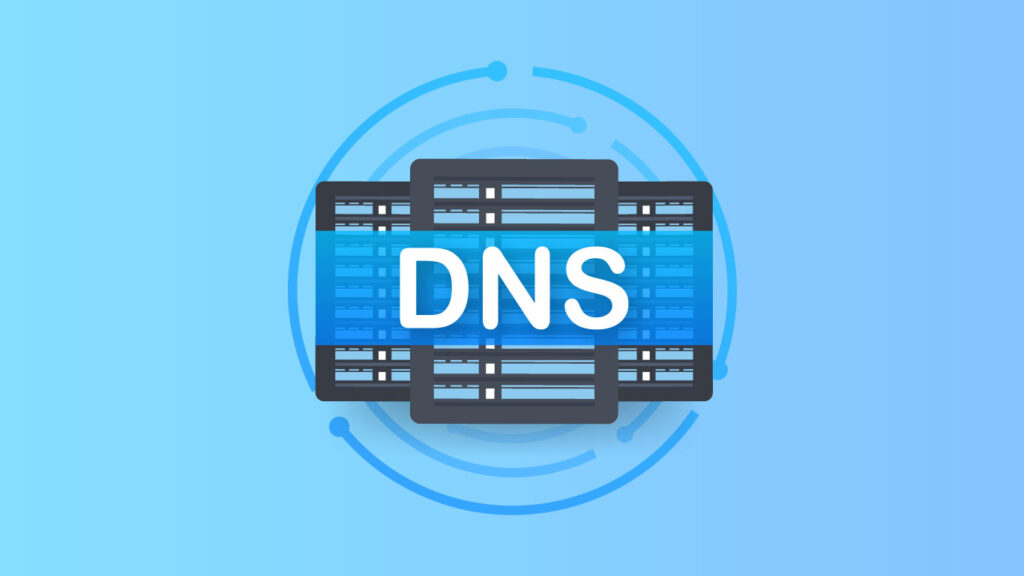
In the intricate web of digital infrastructure, Domain Name System (DNS) hosting plays a pivotal role in translating human-readable domain names into machine-readable IP addresses, facilitating seamless connectivity across the internet. While traditional DNS setups were often managed in-house or by internet service providers (ISPs), the advent of external DNS hosting services has revolutionized how organizations manage their DNS infrastructure. Let’s delve into the myriad advantages of external DNS hosting and how it empowers businesses to optimize performance, enhance security, and streamline operations in today’s interconnected world.
1. Enhanced Performance and Reliability
External DNS hosting providers typically operate globally distributed networks of DNS servers strategically positioned across diverse geographical locations. This distributed architecture, coupled with advanced Anycast routing technology, ensures that DNS queries are automatically routed to the nearest available server, minimizing latency and improving response times. By leveraging redundant infrastructure and sophisticated traffic management algorithms, external DNS hosting services offer unparalleled reliability, ensuring uninterrupted access to critical online services and applications.
2. Improved Scalability and Flexibility
In today’s dynamic digital landscape, organizations face fluctuating traffic volumes, evolving user demands, and rapid growth in online services. External DNS hosting services offer scalability and flexibility, allowing businesses to seamlessly scale their DNS infrastructure in response to changing requirements. Whether handling sudden traffic spikes, accommodating new domain additions, or supporting global expansion initiatives, external DNS hosting providers offer agile solutions that adapt to organizational needs, ensuring optimal performance and resource utilization.
3. Robust Security and DDoS Protection
Cybersecurity threats, such as distributed denial-of-service (DDoS) attacks and DNS spoofing, pose significant risks to online operations, leading to service disruptions, data breaches, and reputational damage. External DNS hosting providers implement robust security measures to safeguard against malicious attacks and unauthorized access attempts. With features like DNSSEC (Domain Name System Security Extensions), rate limiting, and advanced anomaly detection capabilities, external DNS hosting services fortify DNS infrastructure, mitigate security risks, and protect against DNS-based attacks, ensuring the integrity and availability of online assets.
4. Simplified Management and Monitoring
Managing DNS infrastructure can be complex and resource-intensive, especially for organizations with diverse domain portfolios and distributed networks. External DNS hosting services offer intuitive management interfaces, comprehensive reporting tools, and centralized control panels that simplify DNS management tasks and streamline administrative workflows. With real-time monitoring, analytics, and alerting capabilities, organizations gain visibility into DNS performance metrics, identify potential issues proactively, and make informed decisions to optimize DNS configurations and improve user experiences.
5. Compliance and Regulatory Alignment
In today’s regulatory landscape, compliance with data protection and privacy regulations, such as GDPR (General Data Protection Regulation) and CCPA (California Consumer Privacy Act), is paramount for organizations handling sensitive customer data. External DNS hosting providers adhere to industry best practices and regulatory requirements, ensuring data privacy, confidentiality, and compliance with applicable regulations. By entrusting DNS management to reputable external providers with robust security and compliance frameworks, organizations can mitigate compliance risks, uphold data protection standards, and build trust with customers and stakeholders.
Conclusion
External DNS hosting has emerged as a cornerstone of modern digital infrastructure, offering organizations unparalleled benefits in terms of performance, reliability, security, and scalability. By harnessing the power of external DNS hosting services, businesses can optimize DNS performance, enhance cybersecurity posture, streamline management workflows, and achieve regulatory compliance. As organizations continue to navigate the complexities of the digital landscape and strive to deliver seamless online experiences to users worldwide, investing in external DNS hosting becomes imperative for staying competitive, resilient, and responsive to evolving market demands.